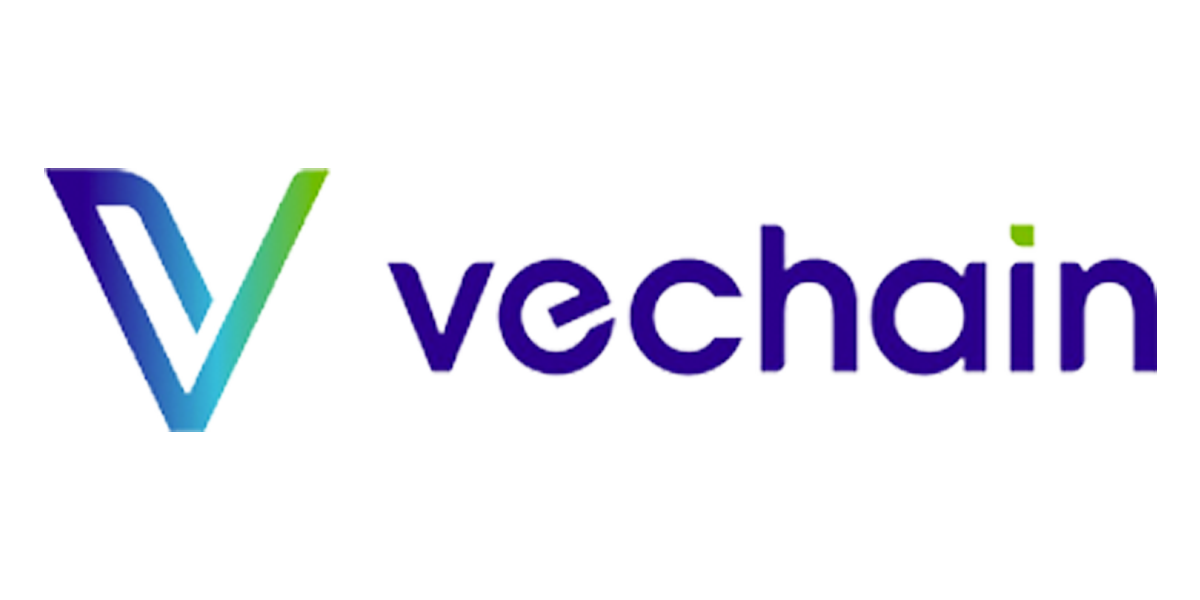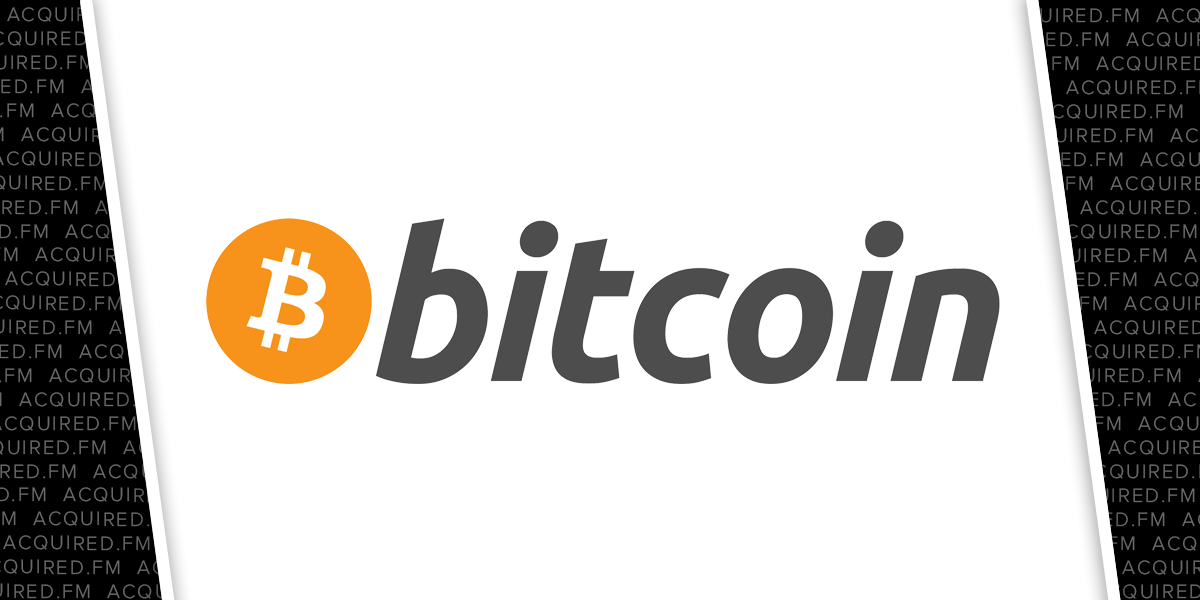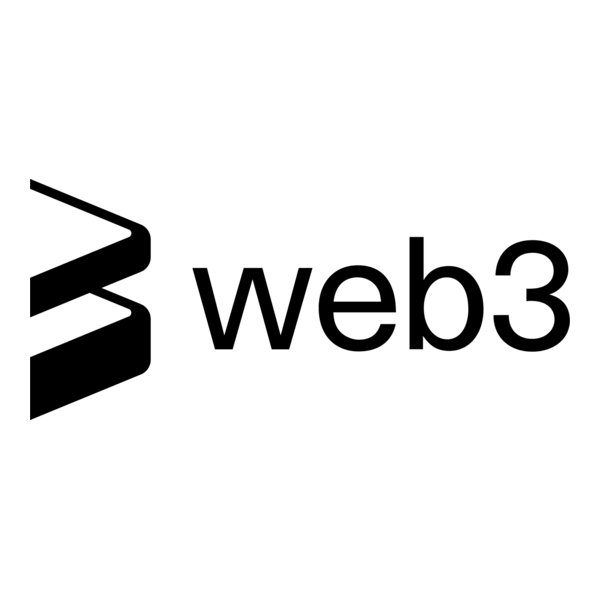VeChain (VET) is an enterprise-focused blockchain platform designed to enhance supply chain management and streamline business processes. With integrated Internet of Things (IoT) capabilities and a two-token model, VeChain has carved a unique space within the blockchain industry—delivering real-world utility and value to global businesses.
VeChain’s Origins: Bridging Blockchain and Business
Founded by former Louis Vuitton China executive Sunny Lu, VeChain began as a project on Ethereum before migrating to its own blockchain, VeChainThor. Backed by the VeChain Foundation, the platform was built to tackle real business problems—particularly those related to supply chain inefficiencies. VeChain’s early integration with companies like Bitse and expansion into cities such as Singapore, Paris, and Palo Alto underline its enterprise-first focus.
The project aims to enable a trustless and efficient ecosystem where data transparency and authenticity are paramount—ideal for sectors like logistics, healthcare, and manufacturing.
Also read: Shiba Inu (SHIB): The Meme Coin Evolving into a Full-Fledged Crypto Ecosystem
How VeChain Works: Combining IoT and Blockchain
VeChain employs advanced technologies like Radio Frequency Identification (RFID) and IoT sensors to collect data across product lifecycles. This data—ranging from temperature conditions to transport routes—is broadcast in real time on the VeChainThor blockchain.
Using its Blockchain-as-a-Service (BaaS) platform, ToolChain, businesses can deploy customized solutions without deep blockchain expertise. VeChain also supports smart contracts, enabling automation and secure data sharing between stakeholders.
The Two-Token System: VET vs VTHO
VeChain utilizes a dual-token system:
- VET (VeChain Token): Acts as a value-transfer token used in transactions and smart contracts.
- VTHO (VeThor Token): Serves as gas for powering operations on the VeChainThor blockchain.
This structure helps maintain system scalability while minimizing volatility in transaction fees—making it more predictable for businesses.
VeChain in Action: Proven Use Cases Across Industries
VeChain’s utility stretches across multiple industries:
- Anti-Counterfeiting: Luxury brands use VeChain chips to authenticate items like wine and car parts.
- Supply Chain Transparency: Companies like Shenzhen Yuhongtai Foods monitor products using VeChain-powered IoT devices.
- Healthcare Records: Cyprus hospitals adopted VeChain’s E-HCert app to manage lab results securely.
- Carbon Credits: VeChain enables consumer rewards for low carbon emissions, as seen with electric carmaker BYD.
With over 100 enterprise clients and pilot projects in various sectors, VeChain is not just theoretical—it’s operational.
Why VeChain Matters in Today’s Blockchain Landscape
VeChain is not a fully decentralized platform, and that’s by design. It marries the best aspects of decentralized finance (DeFi) and centralized finance (CeFi) to offer businesses a practical, scalable blockchain solution. Whether it’s enabling traceability, combating counterfeits, or creating carbon incentive systems, VeChain continues to prove its worth as a real-world blockchain.




